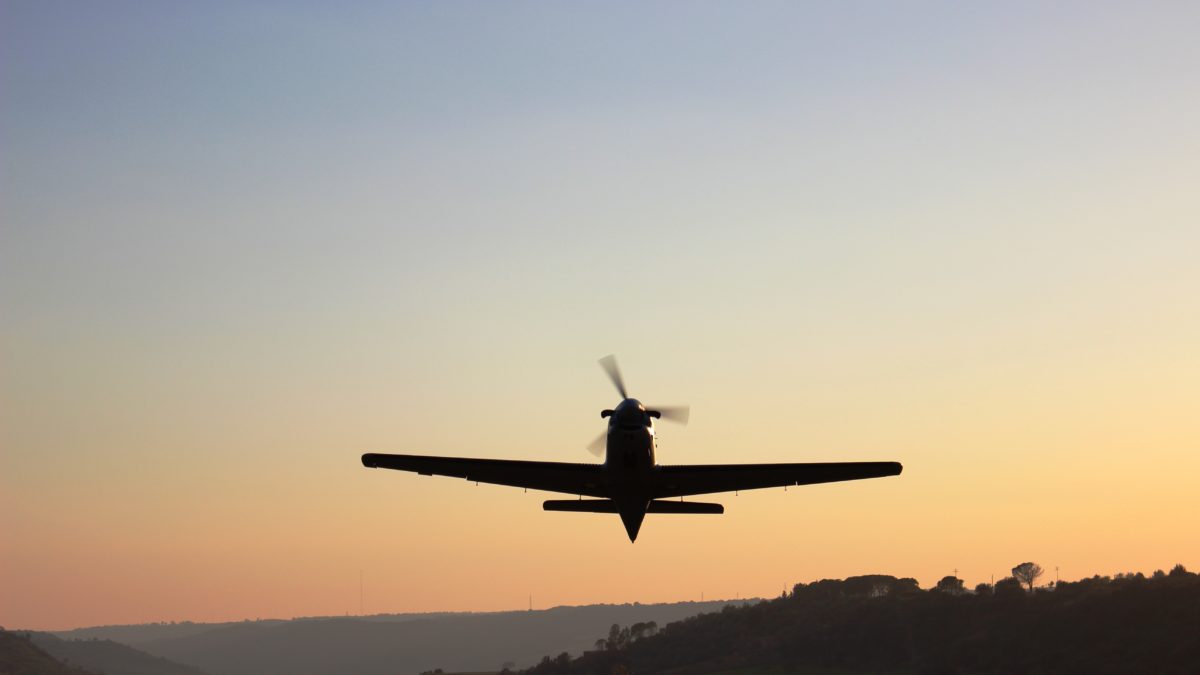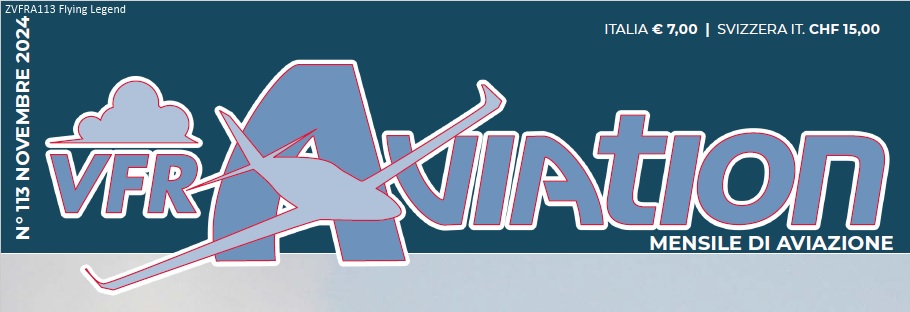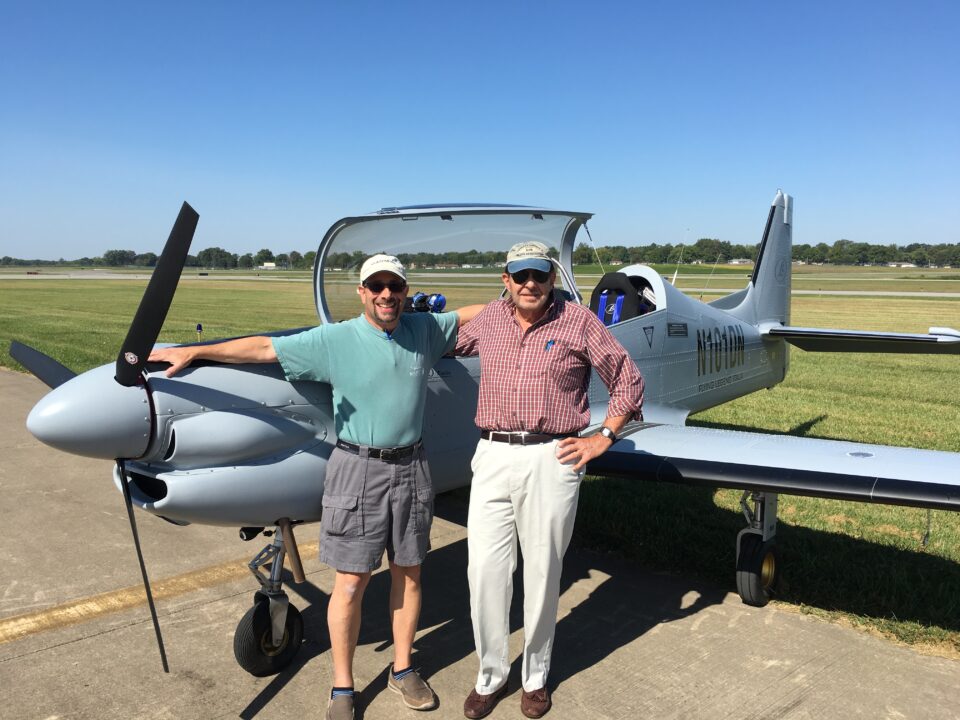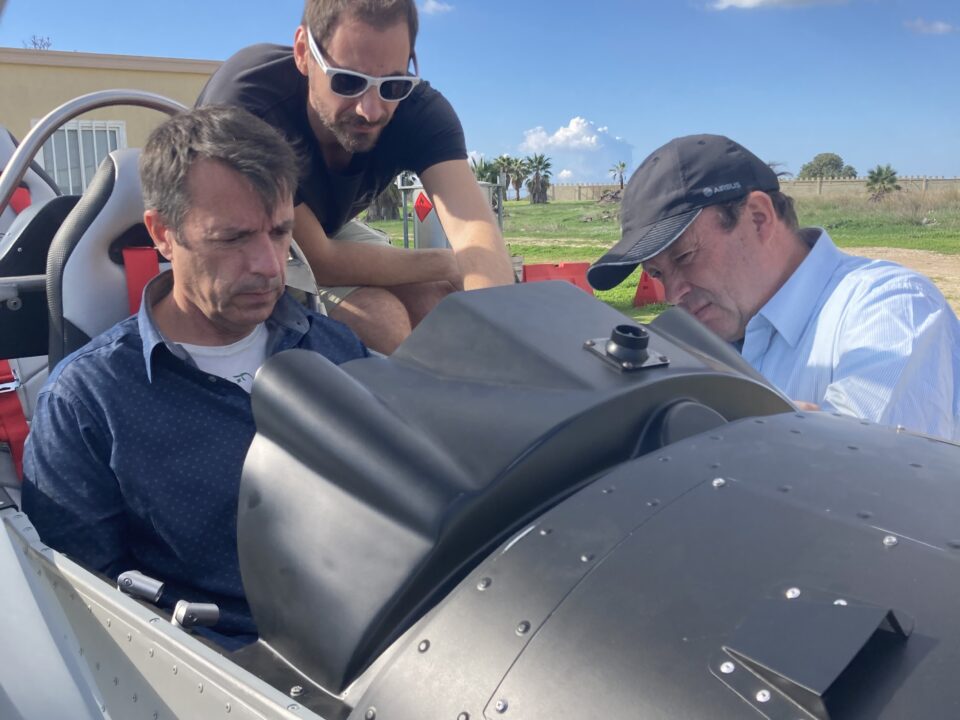Emotion and psychology about the Flight
Flight as an all-encompassing experience
Flight as an all-encompassing experience
Flying is a special experience, indeed we could say unique.
Let us think for a moment about how we felt during our first flight, when our body lifted off the ground, becoming lighter and lighter, merging entirely with our aircraft, and reaching that place that until a few minutes before was simply the sky.
In many dream of flying
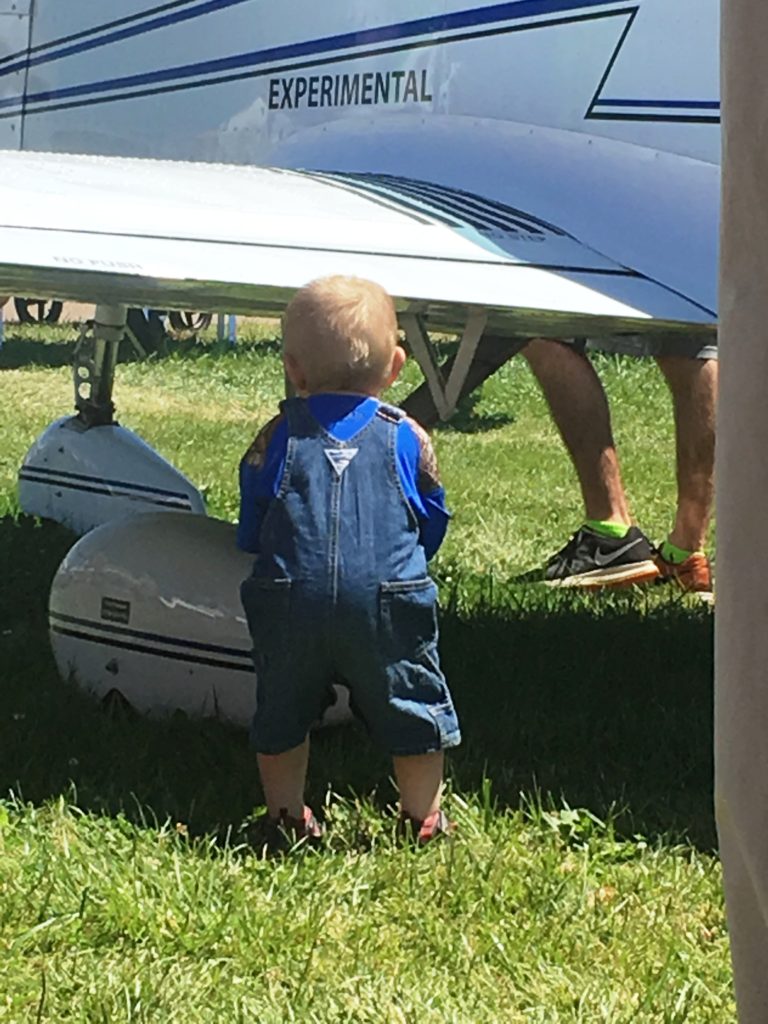
Psychoanalysis support that the dream of flying expresses the need to feel light and lightened, freed from all our burdens. Undoubtedly, it is this deep psychic desire that drives pilots to perform in-flight displays, or to try certain sports such as hang gliding and paragliding.
The sensation of flying and taking your feet off the ground is indescribable and makes you feel similar to Daedalus and his son Icaro, without risking. Flight, to use Bachelard’s phrase, is “a guided waking dream”. The important thing is to have the right plane.
The pilot of the aircraft
Whoever chooses to become a pilot is animated by a great passion and in the flight looks for something important to him.
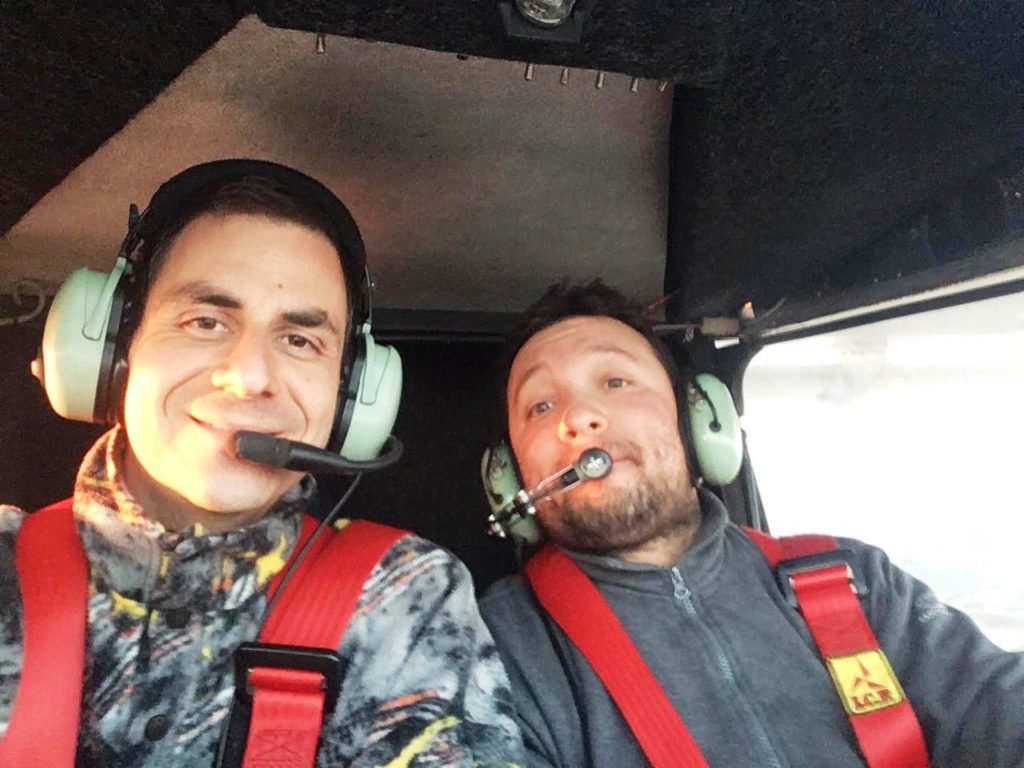
The experience of flight is therefore a particular experience and certainly not proper to human beings. To be able to experience it, we invented and built machines similar to birds and we studied aerodynamics.
Flight psychophysiology
However, our psychophysical system is not suitable for flying, as it is conceived for experiences that are lived on earth linked to movements on a level with two dimensions and, in particular, to relational experiences. So what drives us to fly is part of something that is born inside each of us pilots, in our research or in a need, aware that our own psychophysical structure will have to somehow make up for not being suitable and ready to operate in such an environment.
As you go up in altitude, for example, in those aircraft without a pressurization system, the internal pressure decreases and the air becomes thinner and poorer in oxygen. After 3,000 m, in fact, the oxygen deficit begins to be felt.
But also our anatomy, as our organs and tissues react to pressure changes, as well as accelerations. In fact, a stunt with a larger turn is enough to become heavier, or even weigh twice as much!
Flight accelerations
In the physiological endurance of flight, two accelerations are distinguished: those which act on the pilot in normal position from the head to the feet, called positive accelerations; and those that act from foot to head, negative accelerations. The latter are the most difficult to bear, albeit minor.
In aircraft, these accelerations can occur in reverse stunts. At -1 “g” there is an upward shift of the abdominal organs; a –2 “g” redness of the eyes and rush of the blood to the head.
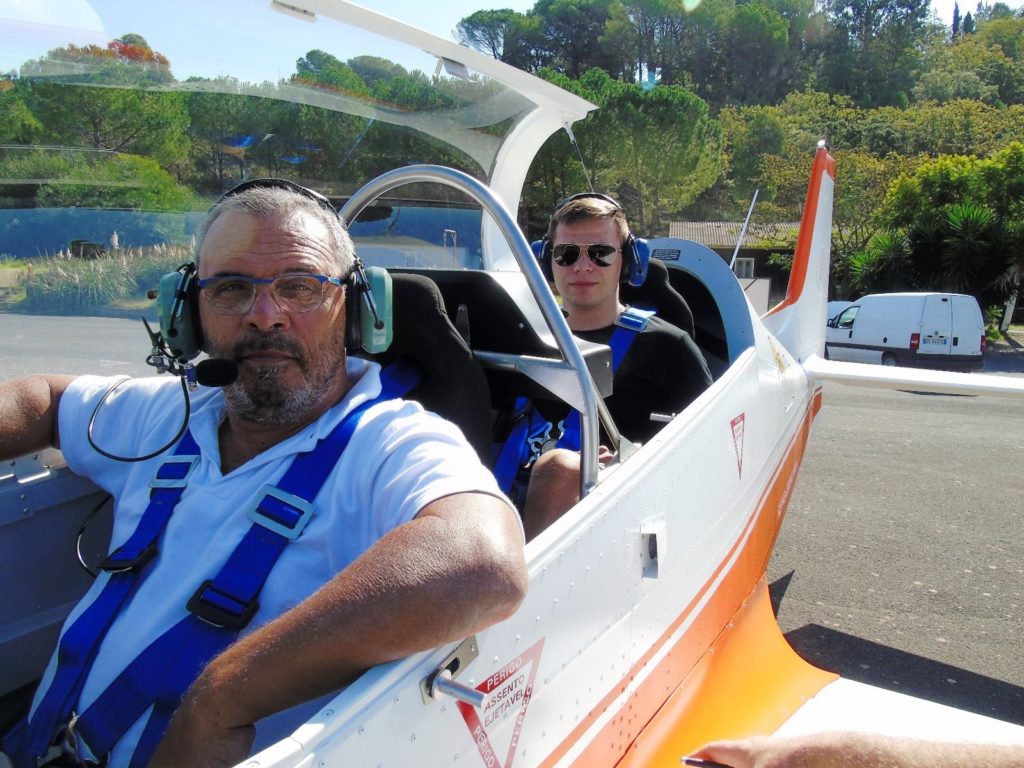
What if the normal references are missing?
How would our body and mind behave when flying without visibility, through clouds or simply what changes if we fly day or night over a wasteland?
In fact, the psychological aspect is never taken for granted, nor indifferent. We need to be very prepared, knowing what awaits us, to be able to fully enjoy our flight and deal with all the aspects, by trying to check them in advance.
Flight stress
The word stress means “solicitation” and usually refers to the effort that the psychophysical structure must sustain to withstand an activation and an action. This is why stress is a completely natural process part of our daily actions. It is not only natural, but it also drives us to leave what we call our “comfort zone” and engage in new experiences contributing to our personal development.
This is why flying becomes a unique and irreplaceable experience!
That knowing how to go beyond perceived personal limits, going out our own schemes allows us pilots to live that particular experience that makes it possible to achieve excellent performances.
Stress in the experience of flying
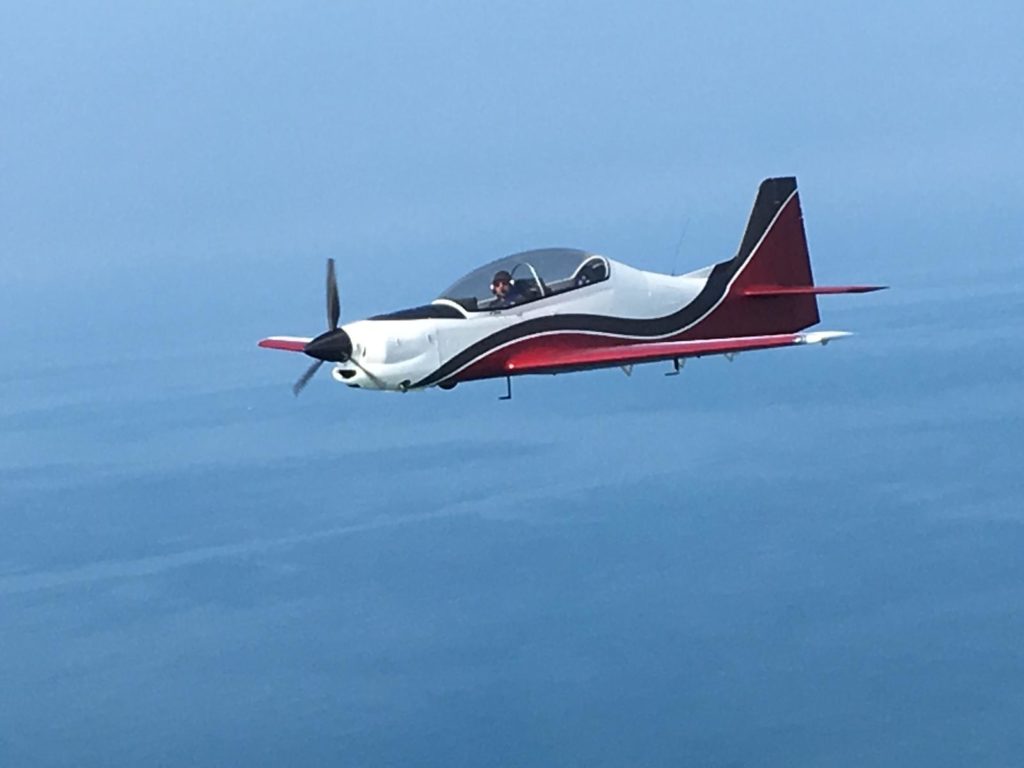
Flying is an extreme resource of “good” stress, that reactivity that is triggered as an adaptive response to external situations and which simultaneously involves thought, emotions, physiology and behavior.
This type of “good stress” has very positive effects on health, on the success of what we do, on relationships we have with others.
Perception is everything
The perception of flight triggers a mental and emotional response so total and globalizing that it causes electrical changes in the nervous, heart and brain system. These changes influence blood pressure, heart rate, hormonal and immune responses, and are therefore responsible for a beneficial series of effects: increased energy, mental and emotional clarity, increased communication skills.
The heart rate changes with each beat, and this change depends on the stimuli sent to the brain between a turn and a stunt or even a simple flight that provides us strong emotion.
This is why flying is a source of positive feelings, good beats, and balance of the nervous system.
Flying is magic, inspiration, pure emotion
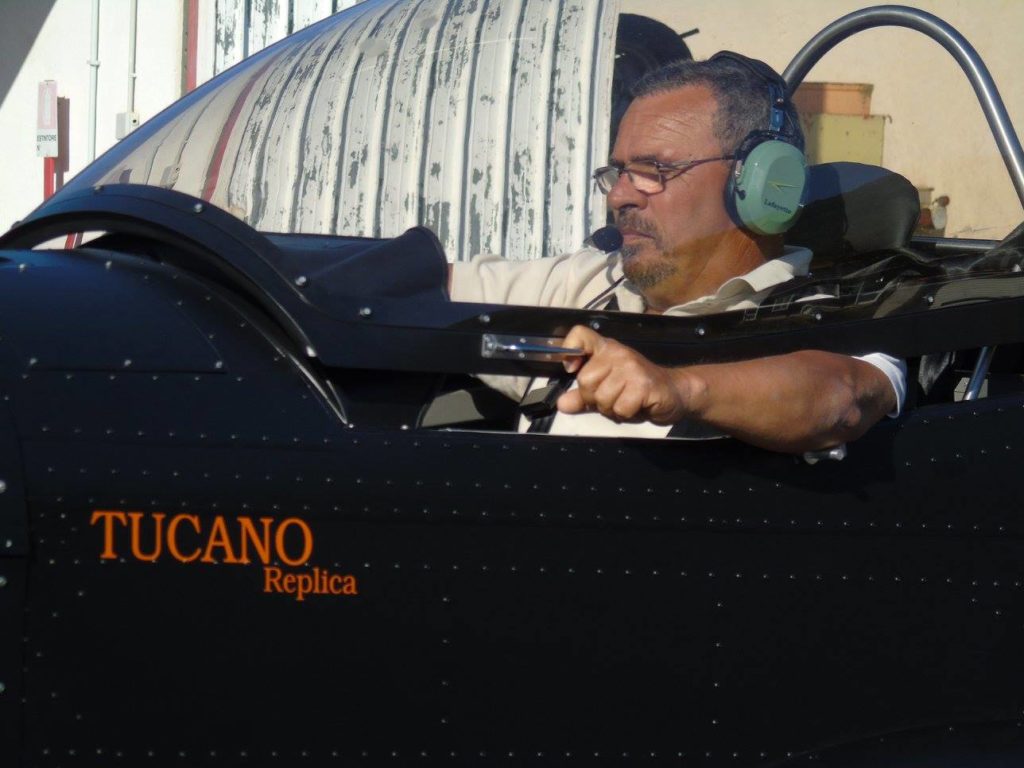
It is true that flying, pirouetting in the air, hovering in the sky has always been the greatest aspirations of a man. Today, thanks to aircraft Tucano Acrobatic Trainer, this desire has become true. With the Tucano Trainer, it is very easy to experience that feeling of freedom in total safety. The solidity of its materials in fact make it an absolutely sturdy aircraft, but also suitable for those who want to fly with ease and extreme fun, guaranteeing resistance even to maneuvers that put gravity to the test.
Flying is just magic transmitted in a continuous flow from the brain to the heart, up to every cell of our body. Flying is a journey of emotions inside and outside of us that starts from the first flight and that always follow us, in all the flights we do.
If you too want to experience the thrill of a safe and fun flight with our Tucano Replica aircraft, contact us and we will be happy to assist you by providing information and advice.
You can also follow us on our Facebook page, Instagram, or YouTube Channel, remain update about many curiosities of the world of aerobatic aircraft, and receive many useful information on this magical world of flight.

